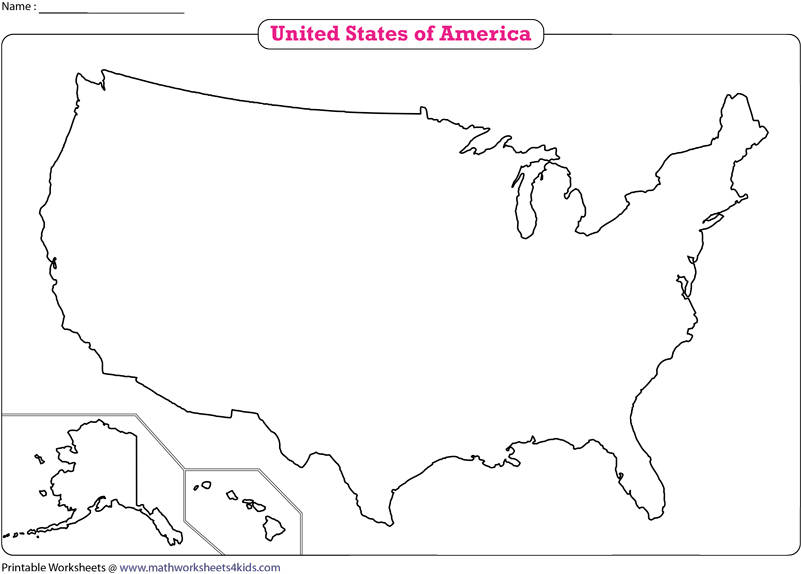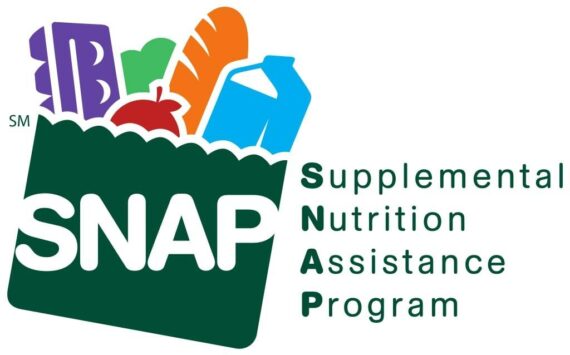By Morf Morford
Tacoma Daily Index
United we stand, divided we fall
If there is anything we in the United States have become in the past ten or more years, it is divided.
The word “united” is, of course, part of our name.
Perhaps it was always aspirational – a philosophical hope and a political necessity after breaking free from the colonial global superpower of the time.
Those on both extremes of our political spectrum claim the power and urgency – and patriotic heft – of the Founding Fathers.
Honoring or vilifying their favorites, we can see their soundbite-worthy slogans on signs on the news or at protests and demonstrations around the country.
Many of these bite-sized phrases can be seen on bumper-stickers or posters around town or on vehicles.
Most are obvious in their message, while some are discreet or not even noticeable to the uninformed.
The Q symbol might not even be noticed. The Confederate flag, on the other hand, is hard to miss.
But both seem to be everywhere.
I even see tiny (or sometimes large) swastikas on homes or trucks.
To a large degree it depends where I am.
In Tacoma’s North End, you see “In this house we believe…” or BLM signs in about every other yard.
The further south you go, the more likely you are to see 2nd Amendment stickers or posters.
The irony is that it wasn’t always this way.
We didn’t always post or parade (or even hold) extreme political views.
Liberal Republicans (like Washington’s three-term governor, Dan Evans) used to be quite common.
As were conservative Democrats like Senator Henry Jackson or Governor Dixy Lee Ray.
Somehow we have “self-sorted” into isolated, competing groups.
We Americans used to define ourselves by those ideals we held in common. Now we define ourselves by what sets us apart – and all too often, the more apart the better.
In a family or in a neighborhood, this is never a good sign.
In a nation, especially one literally defined as “united” by its history and defining statements like E Pluribus Unum (out of the many, one) it is a catastrophe.
There’s an old saying that, if you want to travel quickly, go alone, if you want to travel far, go together.
We, on our streets and in our conversations, have “gone” quickly to extreme positions. But we won’t go far.
Or at least we won’t go far in a direction most of us want to go.
But we might go far in a direction that our historical adversaries want us to go.
Where we want to go (beyond the slogans and hyperbole) is to safety, stability and respect.
Who among us feels recognized or valued lately?
It seems like everyone, from law enforcement to teachers to politicians, feels attacked or unappreciated. Morale is low in almost every area: even in areas and industries traditionally respected; who, for example, in the medical or legal fields feels appreciated lately?
It wasn’t always this way, and it won’t stay this way for long.
Political and economic systems will flex and adjust to new realities from viruses to the presence (or absence) of charismatic leaders.
If there is anything you learn from history it is that the definitions (and philosophical battle-lines) don’t always have a long shelf-life.
There’s an old saying that a conservative is a liberal who’s been mugged, and a liberal is a conservative who’s been arrested.
Those with disabilities or on Social Security may oppose “government hand-outs” in theory, but depend upon them in reality.
Businesses might oppose subsidies – until they need them.
Proponents of “free markets” (free of government intrusion) cry foul if the market shifts and the government does not step in to help.
Programs like UBI (Universal Basic Income) are derided – until we need them to keep our economy afloat.
As we as business owners, customers and clients attempt to make sense of all this, we seek sources of information to inform us or confirm our biases.
News sources, like everything else, or maybe even more than anything else, have become ideological markers or litmus tests.
And like everyone, and everything else, they too are not trusted or respected.
Even that bastion of conservatism, Fox News, is not conservative enough.
Twitter and Facebook, depending on your point of view, are either too conservative or too liberal.
As to Fox News, “Fair and balanced” is perhaps not the best marketing strategy in these divided times.
Or was “Fair and balanced” aspirational? Or even ironic?
Who can we, or should we, trust?
There’s nothing new about all this. Ambrose Bierce compiled what he called The Devil’s Dictionary (published in 1906); a book full of definitions, perhaps more true than a standard dictionary with a focus on the meaning that lies behind the use, or set of assumptions, embodied in each word.
Politics, for example is defined as:
Politics, n. A strife of interests masquerading as a contest of principles. The conduct of public affairs for private advantage.
Political leanings are described this way:
Conservative, n. A statesman who is enamored of existing evils, as distinguished from the Liberal, who wishes to replace them with others.
And what do you think of this definition of corporation:
Corporation, n. An ingenious device for obtaining individual profit without individual responsibility.
And in our era, when every extremist, conspiracy theory, flat-earther describes themselves as the only true patriot, consider Bierce’s definition of patriotism;
Patriotism, n. Combustible rubbish ready to the torch of any one ambitious to illuminate his name.
In Dr. Johnson’s famous dictionary patriotism is defined as the last resort of a scoundrel. With all due respect to an enlightened but inferior lexicographer I beg to submit that it is the first.
We are surrounded by handwringing exclamations about how divided we are, and we do seem to have less in common with others, even those we used to agree with (I know many life-long Republicans and Democrats who feel left behind by their political party) https://www.pewresearch.org/fact-tank/2020/11/06/2020-election-reveals-two-broad-voting-coalitions-fundamentally-at-odds/?
The answer is not so easy as resorting to facts.
There was a time, not so long ago, when I saw ‘fact-checkers’ as our salvation from our national divide.
In case you may not remember, a fact-checker is someone who confirms an actual measurable fact – an event or number that is a hard fact, not subject to interpretation or “spin”.
It might be difficult for many of us to remember a time when facts were trusted and valued – or even a time when they existed.
In our current media climate, as we might have expected, ‘fact-checkers’ are suspect, if not reviled.
Who, or what will save us from the flood of rumors, misinformation and distortion of events if not fact checkers?
If we abandon, as we seem to have, even the idea or possibility of truth and reality, then we deserve the flurry of hodge-podge, flat-earth rumors and fantasies that seem to emerge from every social media account or even passing conversation.
Those who promote themselves as the sole-bearers of truth are most suspicious.
We would do well to remember that PRAVDA, the party-line mouth-piece of the Russian Communist Party takes its name from the Russian word for “truth”.
If you are a parent, or driver or a cook or a gardener, or almost anything else, you know that bumper-sticker style slogans don’t work for long.
And if you are a parent, you know that truth-claims by children require evidence and confirmation.
We deserve no less from our policy makers.
If you want to succeed, or even survive, your strategy better flex with the demands of the situation, and we need, perhaps more than ever, to rely on the slow and steady truth more than wild accusations or dystopian fantasies of government manipulation of our DNA.
Beyond the hysteria about masks and everything else, we really do have far more in common than we have in opposition.
What we have in common doesn’t make a good headline.





